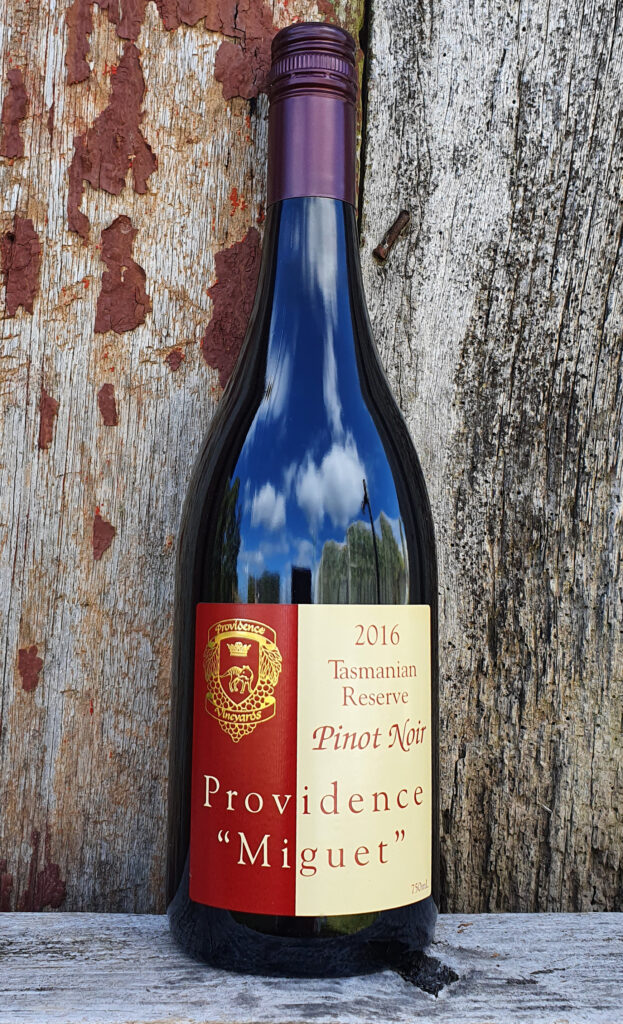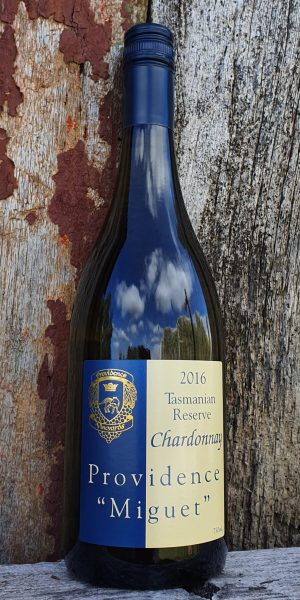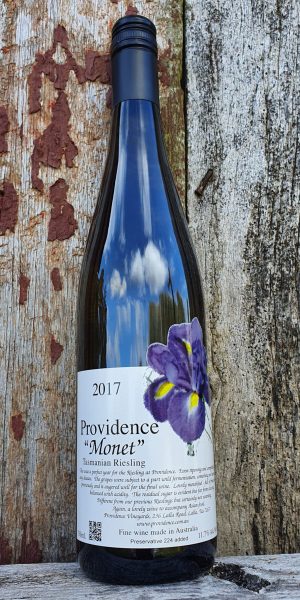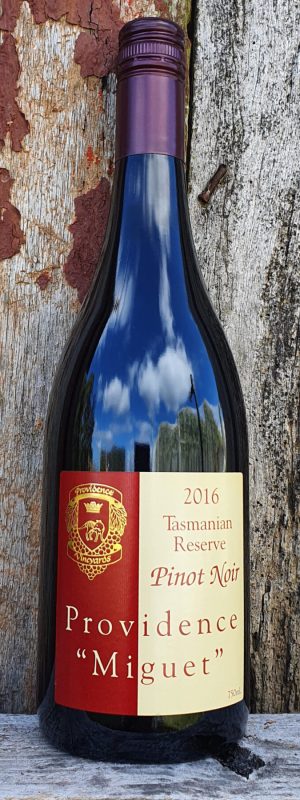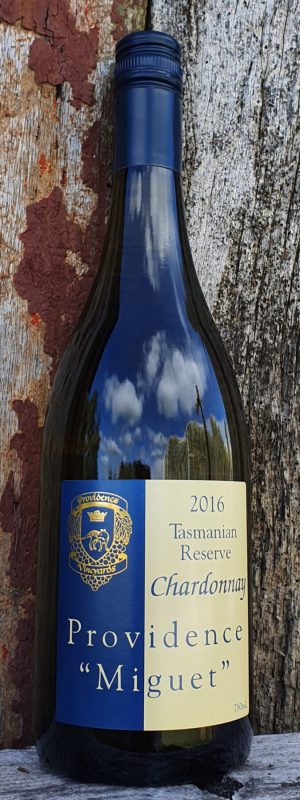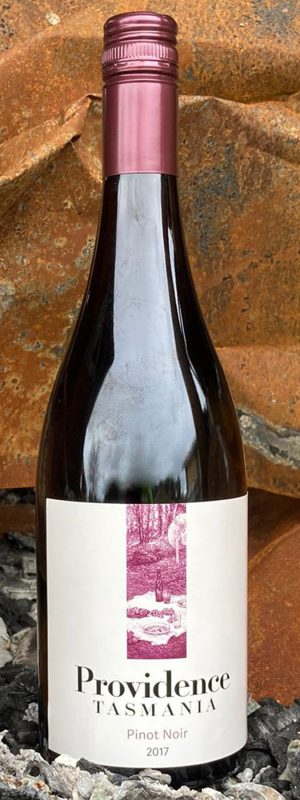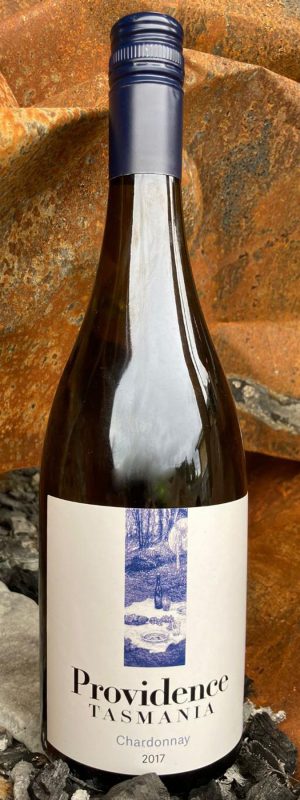Pinot Noir
Fruit is hand selected into buckets at harvest. That same bucket of grapes is then individually destemmed and then batch fermented in 800 kg open-top fermenters. Post fermentation the wine and skins are macerated in now sealed fermenters for an extended period to optimise flavour and tannins and ‘build’ palate texture, a fleshiness if you will, whilst also softening tannins to develop suppleness on the palate. Between 60 and 100 days after harvest the wine and skins are basket pressed in a co-designed 180 litre capacity stainless steel basket press that was built in Tasmania {you can read more about the co-designed Providence/Burgundy Domaine basket press here}.
